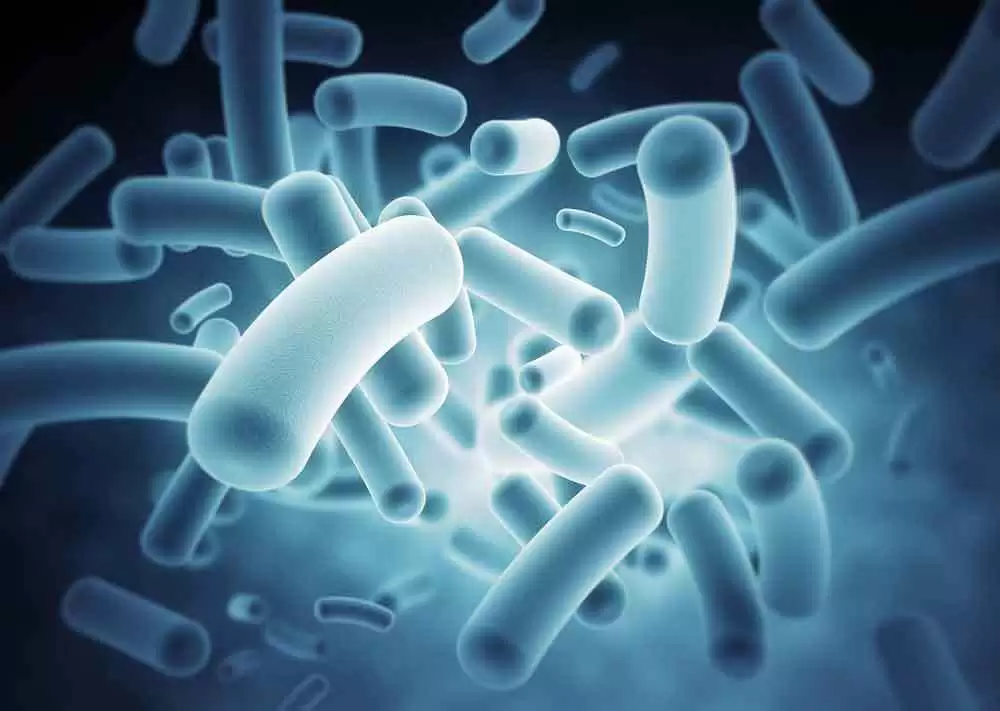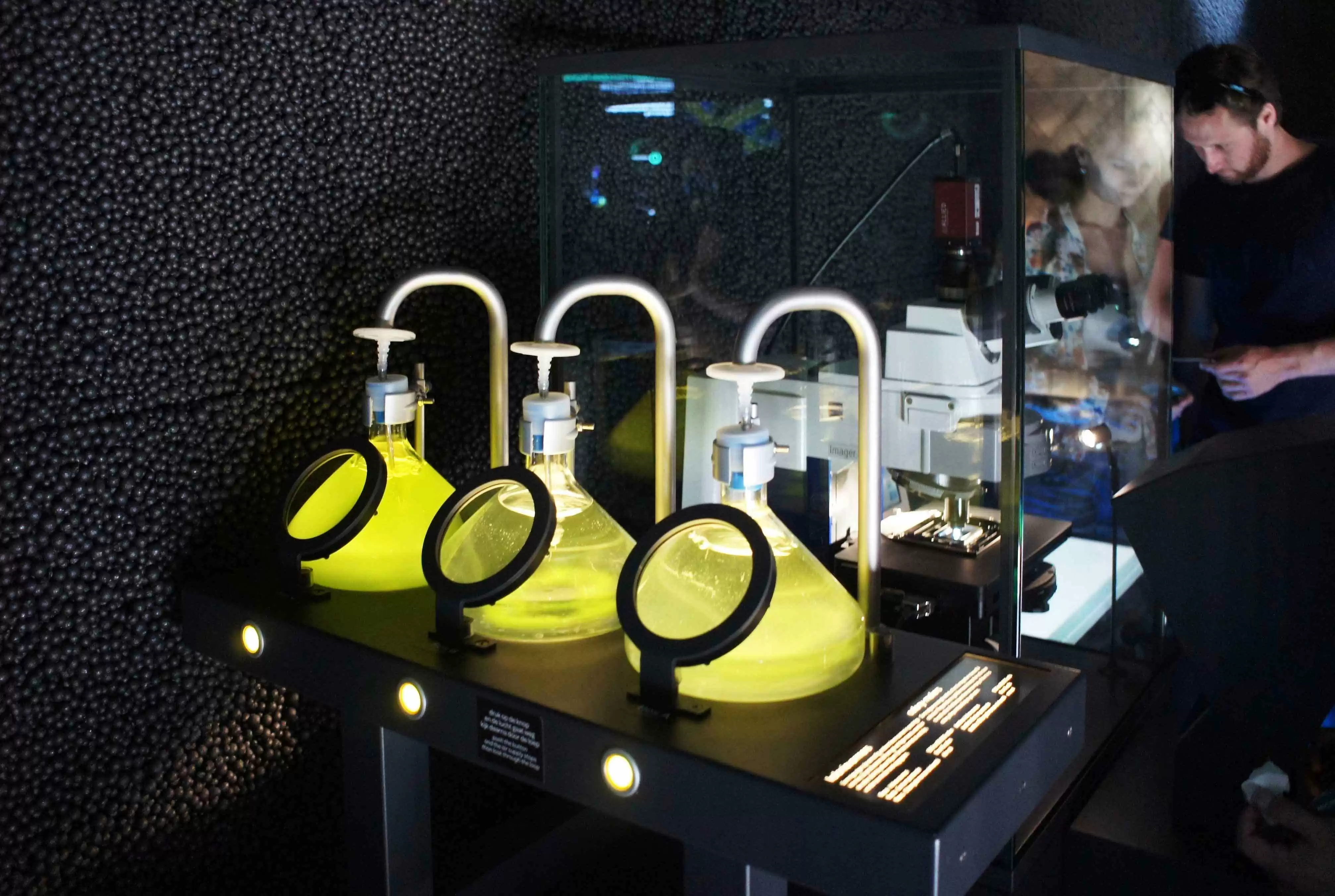
Celiac.com 07/26/2021 - Cases of chronic inflammatory autoimmune conditions, such as celiac disease are rising at a rate that concerns many researchers.
To better understand the etiology and pathogenesis of celiac disease, especially the role of environmental stimuli, and gut microbiota in connection with the immune system, a team of researchers recently conducted a study, in which they did both cross-sectional and longitudinal analysis of gut microbiota, functional pathways, and metabolites, starting from 18 months before celiac disease onset in 10 infants who developed celiac, compared with 10 infants who did not.
Celiac.com Sponsor (A12):
The research team included Maureen M. Leonard, Francesco Valitutti, Hiren Karathia, Meritxell Pujolassos, Victoria Kenyon, Brian Fanelli, Jacopo Troisi, Poorani Subramanian, Stephanie Camhi, Angelo Colucci, Gloria Serena, Salvatore Cucchiara, Chiara Maria Trovato, Basilio Malamisura, Ruggiero Francavilla, Luca Elli, Nur A. Hasan, Ali R. Zomorrodi, Rita Colwell, Alessio Fasano, and The celiac disease-GEMM Team.
Cross-sectional analysis at celiac onset showed altered levels of six microbial strains and several metabolites between cases and control subjects, but no change in microbial species or pathway levels.
Meanwhile, longitudinal analysis showed increased levels of several microbial species/strains/pathways/metabolites before celiac onset. These had previously been linked to autoimmune and inflammatory conditions, such as Dialister invisus, Parabacteroides sp., Lachnospiraceae, tryptophan metabolism, and metabolites serine and threonine. Others, found in reduced levels before celiac onset, are known to have anti-inflammatory effects, such as Streptococcus thermophilus, Faecalibacterium prausnitzii, and Clostridium clostridioforme.
They also found previously unreported microbes/pathways/metabolites, including Porphyromonas sp., high mannose–type N-glycan biosynthesis, and serine, that point to celiac-specific biomarkers.
The team found clear changes in the gut microbiota, functional pathways, and molecular biochemistry before the start of celiac disease. This finding indicates that this information could be used to improve celiac disease prediction.
The researchers hope that by identifying the early warning signs of celiac disease, they may be able to eventually provide preventive interventions to reestablish tolerance and prevent autoimmune disfunction.
Read more in PNAS July 20, 2021 118 (29) e2020322118
The researchers are variously affiliated with the Division of Pediatric Gastroenterology and Nutrition, MassGeneral Hospital for Children, Harvard Medical School, Boston, MA; the Mucosal Immunology and Biology Research Center, MassGeneral Hospital for Children, Harvard Medical School, Boston, MA; the Celiac Research Program, Harvard Medical School, Boston, MA; the European Biomedical Research Institute of Salerno, Salerno, Italy; the Pediatric Unit, Maternal and Child Health Department, Azienda Ospedaliera Universitaria San Giovanni di Dio e Ruggi d’Aragona, 84125 Salerno, Italy; the Cosmos ID Inc., Rockville, MD; the Theoreo srl, University of Salerno, Salerno, Italy; the Department of Medicine, Surgery and Dentistry, Scuola Medica Salernitana, University of Salerno, Salerno, Italy; the Pediatric Gastroenterology, Sapienza University of Rome, Rome, Italy; the Pediatric Unit, Maternal and Child Health Department, Azienda Ospedaliera Universitaria San Giovanni di Dio e Ruggi d’Aragona, Salerno, Italy; the Pediatric Gastroenterology, University of Bari, Bari, Italy;
lCenter for Prevention and Diagnosis of Celiac Disease, Fondazione Department and University Hospital (IRCCS) Ca' Granda Ospedale Maggiore Policlinico, Milan, Italy; and the Center for Bioinformatics and Computational Biology, University of Maryland, College Park, MD.




.webp.c53b640f544ac5b6827ea9b8bf621ae6.webp)





Recommended Comments
There are no comments to display.
Create an account or sign in to comment
You need to be a member in order to leave a comment
Create an account
Sign up for a new account in our community. It's easy!
Register a new accountSign in
Already have an account? Sign in here.
Sign In Now